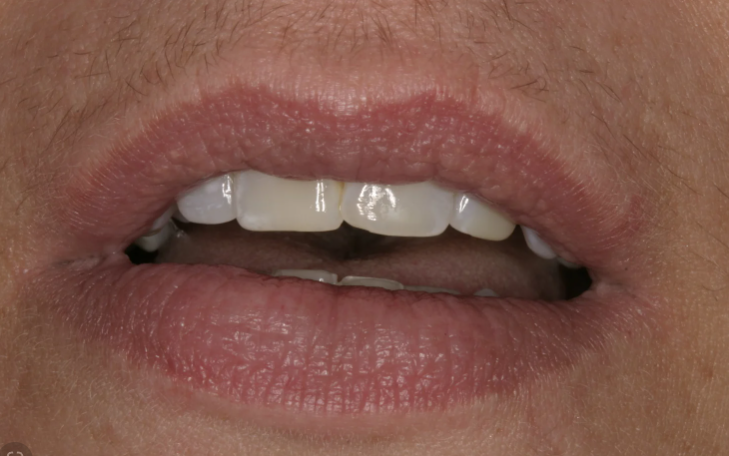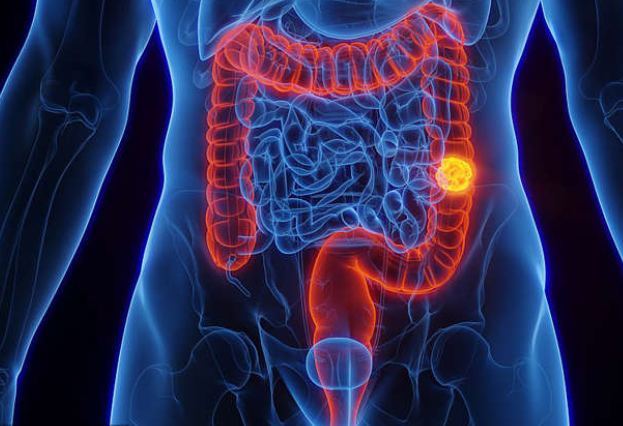Cases of mouth cancer in the UK have increased by more than one-third in the last decade to hit a record high, according to a new report.
The number of cases has more than doubled within the last generation and previous common causes like smoking and drinking are being added to by other lifestyle factors.
According to the Oral Health Foundation, 8,864 people in the UK were diagnosed with the disease last year – up 36 per cent on a decade ago, with 3,034 people losing their life to it within the year.
This is an increase in deaths of 40 per cent in the last 10 years, and a 20-per-cent rise in the last five.
The findings are part of the Oral Health Foundation’s new State of Mouth Cancer UK Report 202, which has been released to coincide with November’s Mouth Cancer Action Month.
In the early stages, mouth cancer symptoms can be subtle and painless, making it easy to miss.
They could be a mouth ulcer that doesn’t heal within three weeks, white or red patches in the mouth, unusual lumps or swellings in the mouth, head or neck, or any persistent hoarseness in the voice.
One in three mouth cancers are found on the tongue and 23 per cent are discovered on the tonsil.
The other places to check for mouth cancer include the lips, gums, inside of the cheeks, as well as the floor and roof of the mouth.
Nearly two in three people have never checked their mouth for signs of mouth cancer, despite it taking less than a minute. People are three times more likely to routinely check for testicular cancer.
Survival rates for mouth cancer have barely improved in the last 20 years, partly because so many cases are diagnosed too late. Just over half of all mouth cancers are diagnosed at stage four – where the cancer is at its most advanced.
Dr Nigel Carter, the chief executive of the Oral Health Foundation, said: “While most cancers are on the decrease, cases of mouth cancer continue to rise at an alarming rate. “Traditional causes like smoking and drinking alcohol to excess are quickly being caught up by emerging risk factors like the human papillomavirus (HPV). “The stigma around mouth cancer has changed dramatically. It’s now a cancer that really can affect anybody.
“We have seen first-hand the devastating affect mouth cancer can have on a person’s life. It changes how somebody speaks, it makes eating and drinking more difficult, and often changes a person’s physical appearance.
The goal of the Oral Health Foundation is to improve people’s lives by reducing the harm caused by oral diseases – many of which are entirely preventable.
Mouth Cancer Action Month runs throughout November.
Source: The Independent





